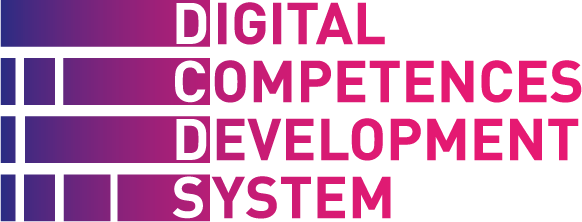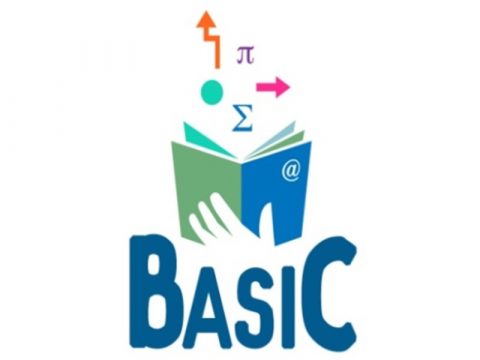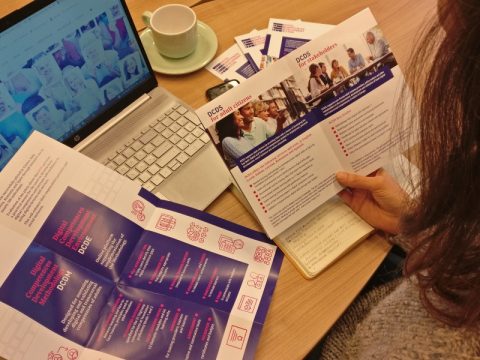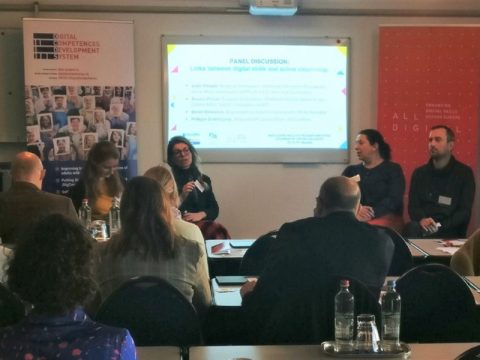On 4 December 2019, Fundación Esplai participated in the first Digital Skills Congress organized by the Digital Policies and Public Administration Department of the Generalitat de Catalunya, the Barcelona City Council through BCN Activa and Open University of Catalonia (UOC).
This conference was held in the Cibernarium space of the MediaTIC building, in the 22@ district. More than 200 people attended the congress, which was subtitled “Eines per a una Ciutadania Digital” (Tools for a Digital Citizenship). The congress was aimed at ICT professionals, university members, regional and European policy makers, and general population.
Esplai Foundation representatives were there as both attendants and speakers, as they organised a workshop and a peer-review with experts to promote the DCDS learning platform Digital Competences Development Environment (DCDE).
During the morning, speakers from different areas focused on showing how digital skills are identified and validated in their work fields. Esplai Foundation also had the opportunity to learn the latest tendencies in Europe thanks to Clara Centeno, researcher from the European Commission Joint Research Centre (JRC). Likewise, the joint work between the Open University of Catalonia and the ACTIC (Acreditació de Competències en Tecnologies de la Informació i la Comunicació) to create the Catalan map of digital competences was presented, adapting the DigComp to the socio-political reality of this autonomous community.
After lunch, different workshops took place, showing diverse experiences based on the use of DigComp as an inspiring model to create self-assessment, learning, counselling and mapping tools. It was in these spaces that Esplai presented the DCDS results, together with our colleagues from AUPEX - Folk-High-School Association of Extremadura, Antonio Román and Christian Moreno. Together with two representatives from Esplai, they explained the assessment and learning system designed during the two years of the project, which is now on its most definitive version, after the pilot testing implemented in Spain in Extremadura and Barcelona.
The workshop consisted of a theoretical part, in which participants were introduced to the methodological approach used to develop the tool. The second part, more practical, was aimed to test the Moodle environment, where the digital competences assessment and learning take place. During the session, participants could log in the platform and test its functionalities: self-assessment tool, learning paths, knowledge tests, etc. They could also check the gamification features through experience point, badges, and games.




